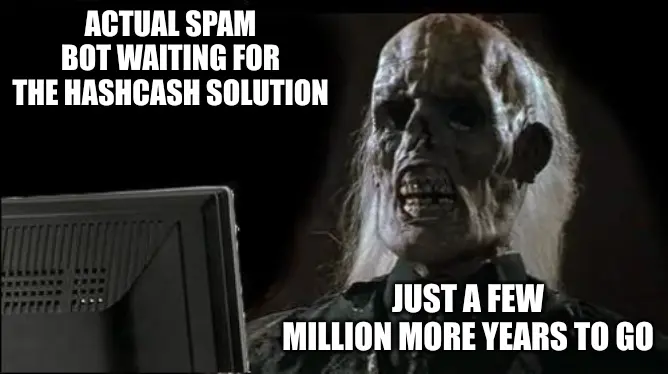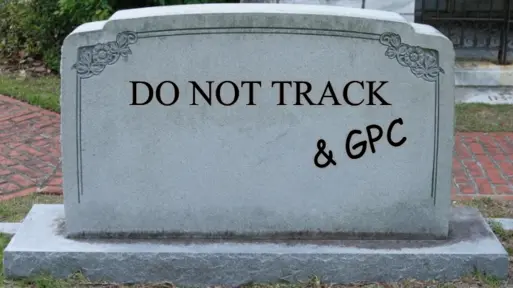Development

In an era where privacy laws like the GDPR (General Data Protection Regulation) and the EU e-Privacy Directive are reshaping how web applications handle user data, developers face a growing challenge: how to manage temporary session data without tripping over cookie consent banners or risking non-compliance. Traditional tools like cookies and localStorage often require explicit user consent in Europe, as they persist data across sessions and can be used for tracking. Enter WindowNameStore—a lightweight JavaScript class that leverages the quirky window.name property to provide a volatile, privacy-conscious alternative for temporary storage, all released under the GPL-v3 license to empower developers everywhere.
Read more: WindowNameStore: A Privacy-Friendly Volatile Storage Solution for Web Developers

As a developer who’s been writing software for Joomla for over a decade, I’ve had my share of proud moments. But recently, I stumbled across something that truly took me by surprise—and filled me with gratitude. While combing the web (as one does when checking on unresolved reputation quirks), I found my Authentication - Email plugin listed in the Git repo of none other than volunteers.joomla.org—a Joomla core site!

Eleven years ago, I stumbled across a technical paper from 2002 by Adam Back. It was about HashCash—a proof-of-work system designed to make spammers’ lives miserable by forcing their machines to grind through heavy calculations. I thought, “This could work for bot spam in Joomla forms,” and built my first Captcha - HashCash plugin. Little did I know, someone else had tried it before me—and their version vanished after landing on the CVE list in 2006. If I’d known, I might’ve picked a different name. But that’s ancient history, and my HashCash? It’s still kicking.

Because of my work described in Brain Games - SCORM/suspend_data and xAPI/state, I gained the attention of another company looking to divine some wisdom from data they had collected. It has been a number of years since I did this work, but I just got another email thanking me for my suspend data work and I thought this might be helpful to someone.

Remember Do Not Track? Neither do publishers. The little HTTP header that could—DNT for short—promised users a way to wave off trackers with a polite “no thanks.” It flopped hard. Websites ignored it, ad tech laughed it off, and by 2019, it was a digital relic. Enter Global Privacy Control (GPC), the shiny new signal touted as DNT’s successor. Backed by California’s privacy law, it’s supposed to force publishers to respect your opt-out. Sounds great, right? Here’s the catch: GPC has no more bite than DNT ever did. Publishers can sidestep it by simply doing business outside California’s reach—and they will. History says so - Google did it.
So I did a bunch of work I donated to a political candidate and (at the time) frequent media guest commentator, and this is a product of that work.
They've kept it quiet - but it happened. The Joomla core developers released Joomla! 4.0.0 Beta 1 - very very quietly. I only noticed because I was looking over the update XML file for the alpha 12 version - and there it was.
This may seem like a personal attack on the browser, but really, my hatred for IE has nothing to do with it. Maybe I get a little joy from this, but I'll try to keep that to myself.